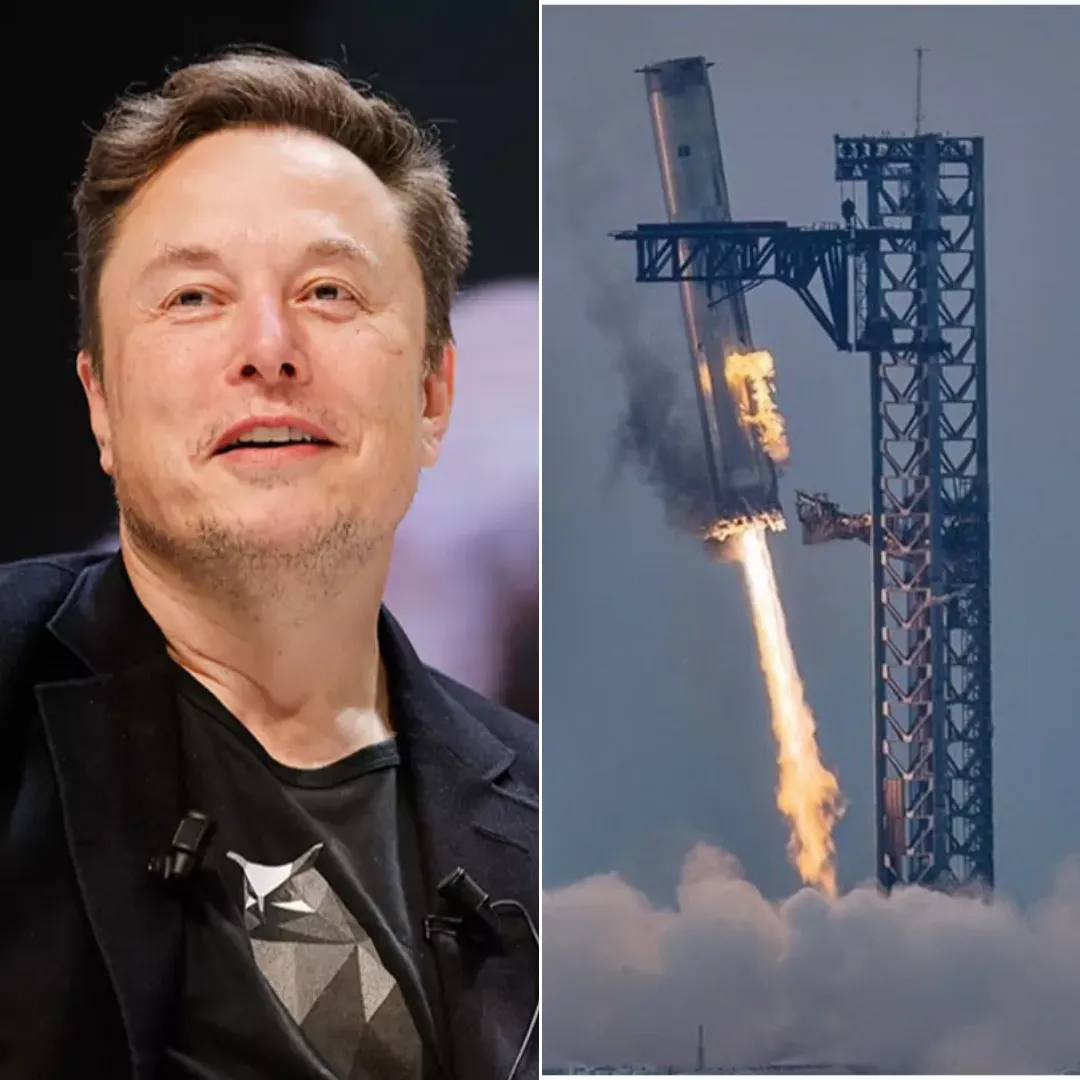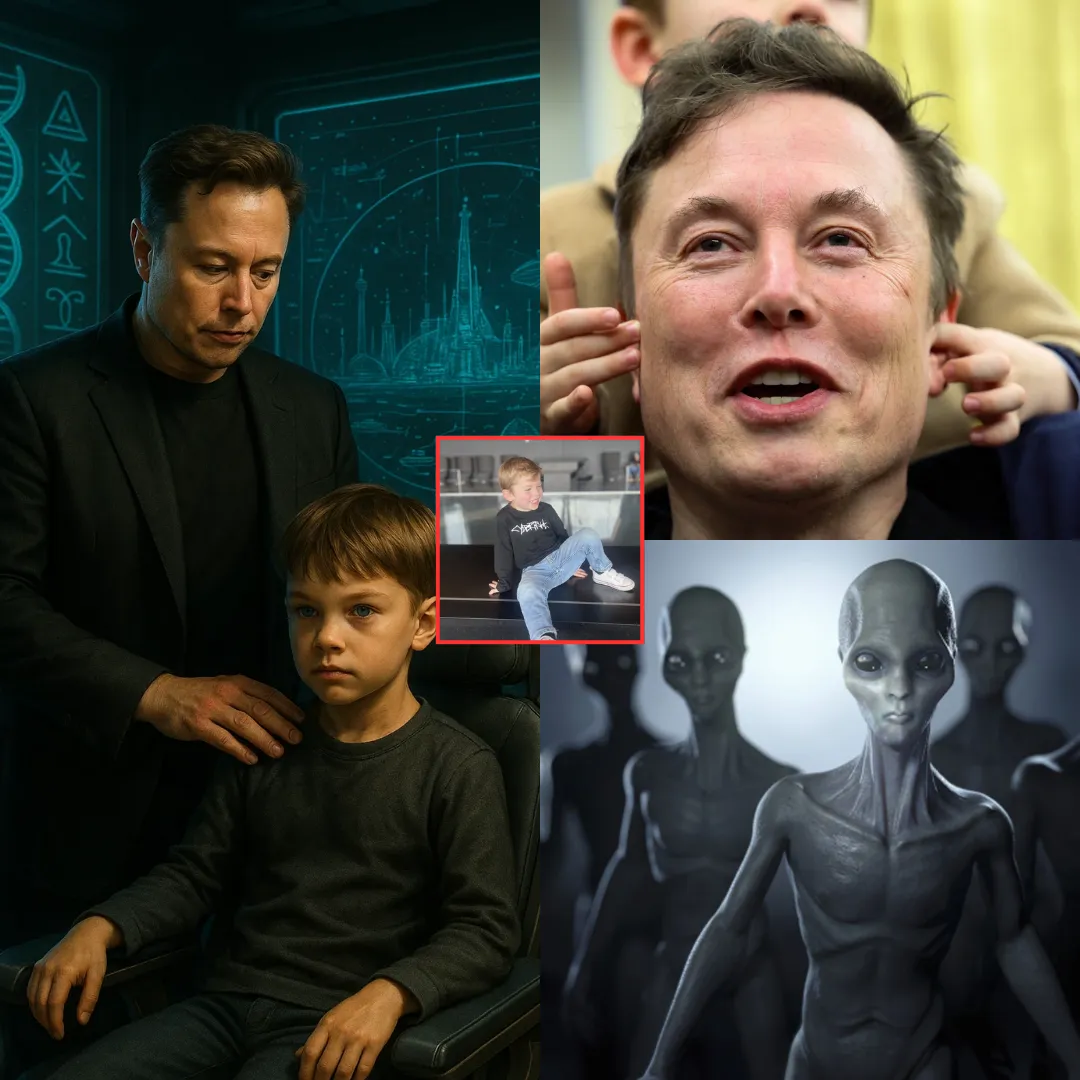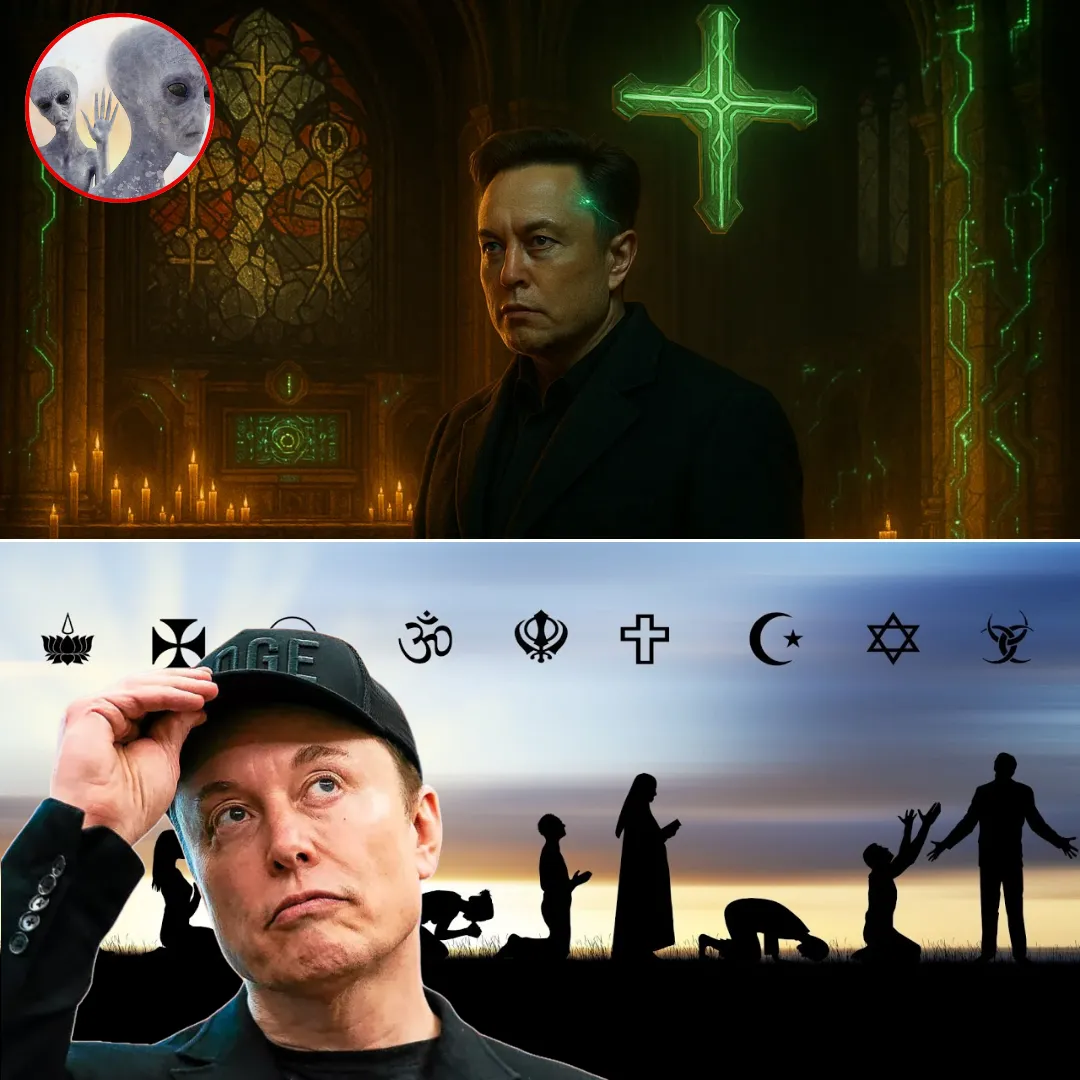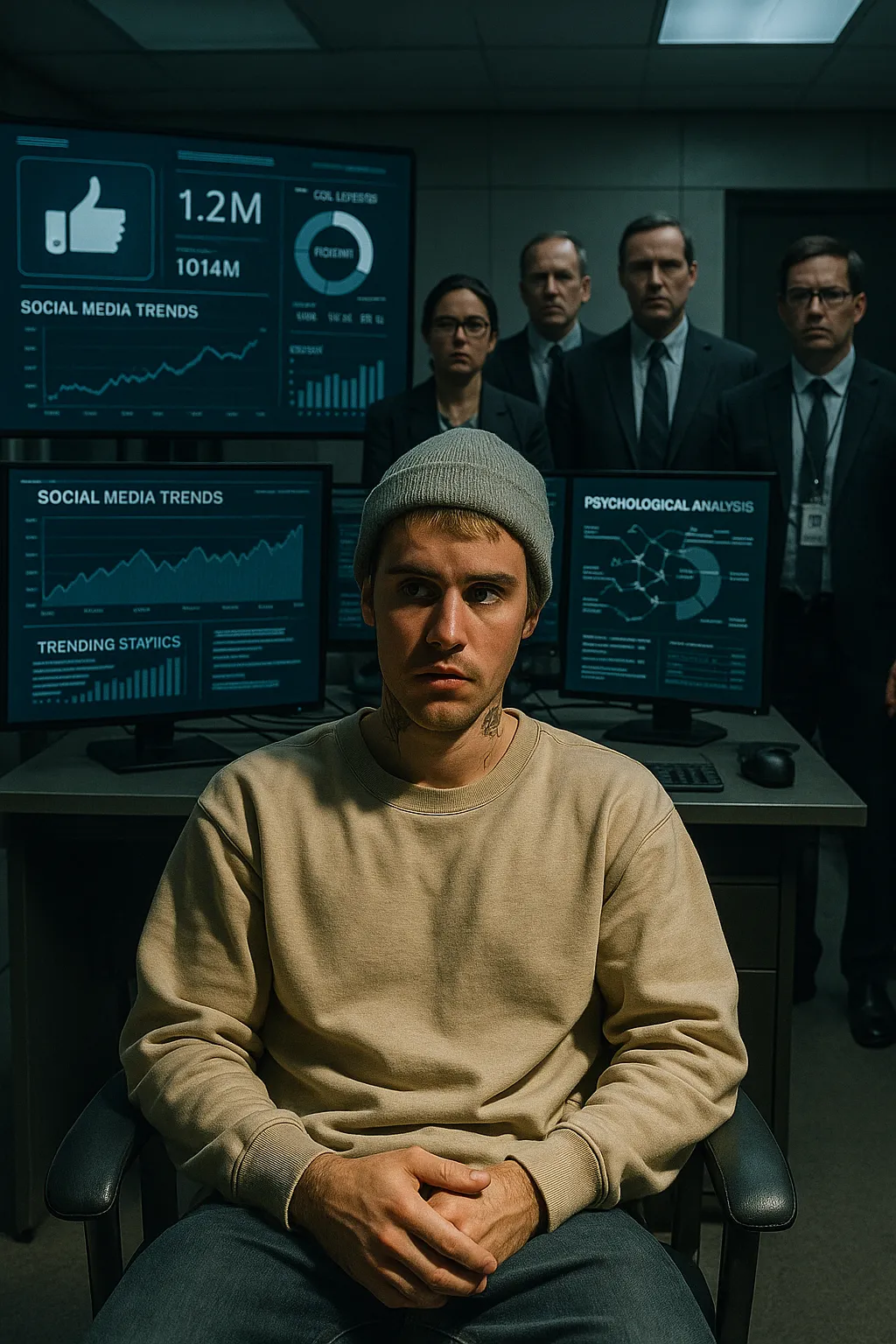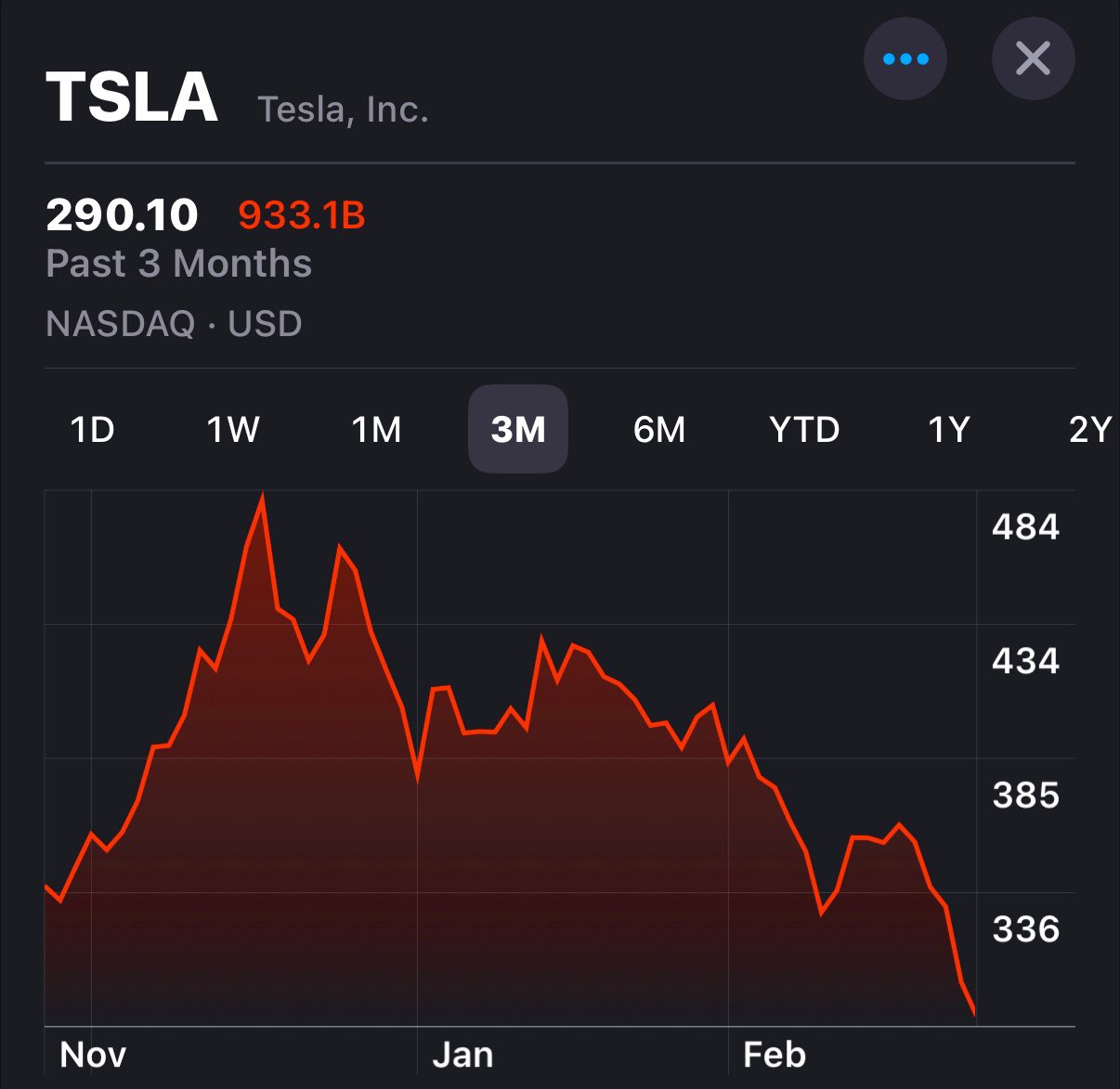
Tesla shares took a significant dip of nearly 4% on Tuesday following the news that the electric vehicle (EV) manufacturer was halting production of its flagship Cybertruck and Model Y models in Austin, Texas. The production pause, scheduled to begin on June 30, is expected to last for one week and is reportedly due to maintenance on the production lines at Tesla's Austin facility.
This marks the third production shutdown at the facility in the past year, a trend that has raised concerns among investors about the company's production efficiency and the potential impact on its bottom line. The halt in production comes at a crucial time for Tesla, with the company gearing up for the highly anticipated launch of its Model Y robotaxi in Austin on June 22.
The robotaxi version of the Model Y is equipped with Tesla’s latest iteration of its "Full Self-Driving" (FSD) technology, which has been both a source of excitement and controversy. Elon Musk, Tesla's CEO, fueled the buzz surrounding the robotaxi's launch by reposting a video clip on X (formerly Twitter) of a Model Y robotaxi on the road in Austin, showcasing the vehicle’s capabilities ahead of the public release.
However, while Tesla's developments in autonomous driving technology have been met with enthusiasm from many, there are growing concerns about the safety of its partially automated systems. Public safety advocacy groups have long criticized Tesla's FSD systems, citing a troubling track record of crashes, including several fatalities, involving vehicles equipped with these technologies.

The National Highway Traffic Safety Administration (NHTSA) has documented hundreds of collisions involving Tesla vehicles with Autopilot or FSD, including fatal incidents that have raised alarm about the effectiveness and reliability of these systems. Despite these concerns, Tesla has continued to move forward with its plans to roll out more advanced versions of its FSD technology.
The Model Y robotaxis in Austin are equipped with an unsupervised version of Tesla's FSD software, which is not yet available to the public. This version of the software is still in development, and its full capabilities have not been tested in real-world conditions, leading to widespread debate about the readiness and safety of such technology.
In response to Tesla's robotaxi plans, several groups in Austin have organized protests against the upcoming pilot launch. The Dawn Project, a technology safety group that has been vocal in its criticism of Tesla's FSD systems, staged a demonstration to highlight the potential dangers of the technology.
During the demonstration, a Model Y with the current version of Tesla's FSD software was shown driving past a stopped school bus with its stop sign extended, before striking a mannequin designed to simulate a child running into the street. The demonstration was meant to illustrate what the group claims are serious flaws in Tesla's FSD software, particularly its failure to react appropriately to pedestrian hazards.

The Dawn Project, led by Dan O'Dowd, has been particularly vocal in its opposition to Tesla's FSD technology. O'Dowd, who also runs Green Hills Software, a company that sells technology to Tesla’s competitors, has called for greater regulation of autonomous driving systems and has demanded that Tesla halt the rollout of its unsupervised FSD technology until it is proven to be safe.
The group’s efforts to draw attention to what they see as a fundamental flaw in Tesla's approach to self-driving cars have added fuel to the fire of the ongoing debate surrounding the safety of autonomous vehicles.
The situation surrounding Tesla’s robotaxi launch has also raised broader questions about the company’s approach to innovation and its commitment to public safety. While Tesla has undoubtedly made significant advancements in electric vehicles and autonomous driving technology, the company has faced mounting scrutiny over the reliability of its FSD systems.
Critics argue that Tesla is rushing to roll out potentially dangerous technologies before they are fully vetted, putting both consumers and pedestrians at risk. Supporters, on the other hand, point to Tesla’s groundbreaking work in the autonomous vehicle sector, arguing that the company is pushing the envelope in ways that will ultimately benefit society by reducing traffic accidents and improving transportation efficiency.

Despite the controversies surrounding its FSD technology, Tesla continues to dominate the electric vehicle market, with a growing base of loyal customers and investors who believe in Musk's vision for the future of transportation. The company’s production halts and maintenance pauses at its manufacturing facilities have not dampened the optimism surrounding Tesla's long-term prospects.
However, as the company faces increasing competition from other automakers entering the EV market, Tesla's ability to maintain its edge will depend on how successfully it can address the safety concerns associated with its autonomous driving systems.
The debate surrounding Tesla’s robotaxi and FSD technology underscores the larger tensions in the autonomous vehicle industry. While companies like Tesla, Waymo, and others race to develop self-driving cars, the question of safety and public trust remains a significant hurdle.
The challenge for these companies is not just technological—it is also regulatory. As governments around the world work to establish standards for autonomous driving technology, companies like Tesla must navigate a complex landscape of rules, regulations, and public opinion.

The recent production pause and the protests surrounding Tesla’s robotaxi launch in Austin highlight the challenges that Tesla faces as it pushes the boundaries of innovation. While the company has made great strides in developing electric vehicles and autonomous driving technologies, the road ahead is fraught with obstacles.
How Tesla addresses safety concerns, navigates regulatory hurdles, and responds to public scrutiny will determine whether it can continue to lead the electric vehicle revolution or if it will be overtaken by competitors who offer safer and more reliable technologies.
As the dust settles from the latest production pause and the controversy surrounding Tesla’s robotaxi, all eyes will be on Elon Musk and Tesla’s next moves. With public safety groups, regulators, and competitors closely watching, Tesla’s handling of these challenges will play a critical role in shaping the future of autonomous vehicles and the electric vehicle market as a whole.

Whether the company’s bold vision for self-driving cars becomes a reality or remains a speculative concept will depend on how effectively it can address these significant issues moving forward. In conclusion, Tesla’s production stoppage and the controversies surrounding its robotaxi launch in Austin reflect the growing pains of a company at the forefront of cutting-edge technology.
While Musk’s ambitious plans to revolutionize transportation with autonomous vehicles and electric cars have garnered worldwide attention, the company’s future success will hinge on its ability to balance innovation with safety and public trust.
